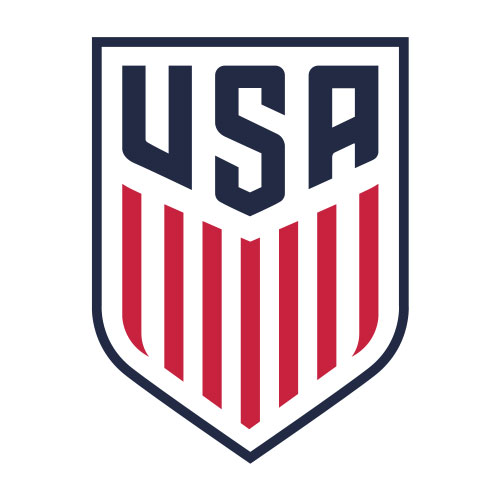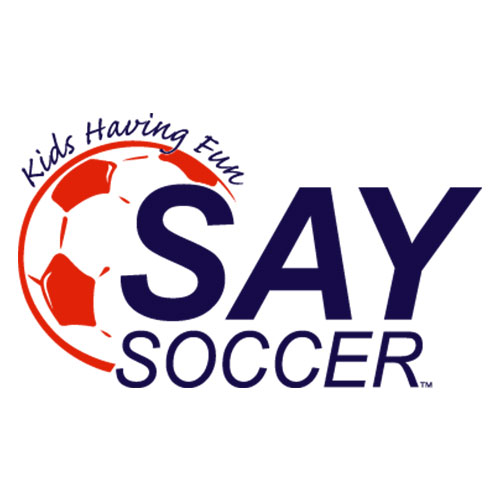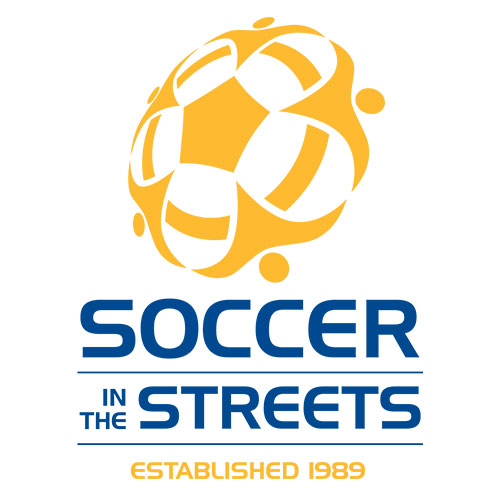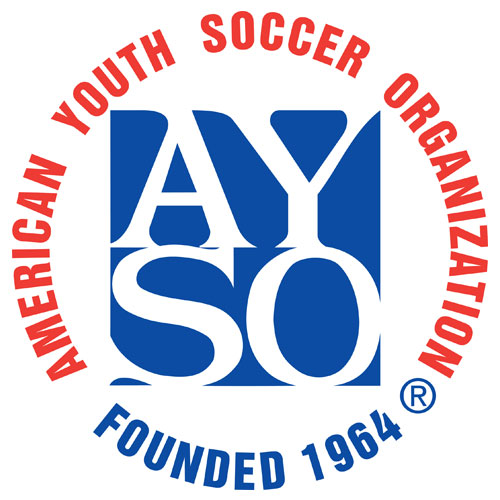Recruit, Retain & Celebrate Sports Officials
- Home
- /
- Become A Sports Official
- /
- Sports
- /
- Soccer
How To Become A Soccer Official
The most popular sport in the world has been gaining popularity in the U.S. for decades. That has led to an increased demand for soccer referees at every level. Opportunity abounds to get involved at the youth level and to upgrade to High School and beyond.
Why Real Officials Love What They Do
Things To Consider
Physical Demands
As a soccer official you will be constantly on your feet. You will need to judge the action and move about the pitch constantly to get the best angle on the game. Quick reactions and speed are often necessary, less so at the youth level. Soccer is played year-round in different parts of the country, so weather will vary from very hot to chilly. At the youth and club levels you may work many games in one day, so stamina and hydration are important. As the players you’re officiating get older and the competitive levels increase, the physical demands also increase.
Mental Demands
Soccer officials will often work games alone at youth levels and with partners at higher levels, so self-confidence and team-work can both be necessary. Soccer referees must deal with several tasks at the same time and these tasks are associated with multiple goals, so multi-tasking is critical. Although judgments about fouls and misconduct are frequently treated in public as judgments about matters of fact, it is challenging to determine the ‘correct’ decision sometimes, and officials need to be prepared to hear and handle disagreement.
Training
An introductory soccer officiating course can be approximately 16 hours. You can expect lectures, demonstration and exercises on the 17 basic Laws of the Game. If you only want to work small-sided youth games, there are specific training courses which may be shorter. There is a small fee for initial training ranges between $25- $50. You should join a local officials association where you can expect ongoing classes, demonstrations and exercises that will prepare you for what you’ll face.
Different organizations have different requirements, but most require at least attendance at a meeting to go over any current rule changes. Additional requirements may be a written test with a minimum passing score, payment of fees for the upcoming season and association meeting attendance.
Equipment
- Polished, black athletic shoes; cleated or flat—bottomed.
- Special socks with three white bands.
- Black shorts.
- A specialized black shirt with white collars and cuffs, short—sleeves or long—sleeves. There are alternate red and gold jerseys available when colors clash with the competing teams. There are variations in patterns and shades, so discuss your purchase with a veteran referee to ensure you buy an authorized shirt.
Estimated cost: $200. Once you join an local officiating association, there may be veteran officials who are willing to give or sell you “hand–me–downs” to help you get geared up at a reduced cost.
Game Fees
Game fees vary widely based on the players’ age group, competitive level and the state you officiate in. You can expect the range of. The fees range from $10-$20 for youth games and $20-$50 for competitive games with older athletes. To maximize your income, you can work a combination of levels several days a week, including weekend tournaments where you can work games all day. An official with a full schedule can make several hundred dollars per week outside their normal jobs.
Assistance
Ask a respected veteran official to be your mentor. That mentor will help answer your questions and provide crucial support. Don’t be afraid to ask questions about situations and rules. The more you talk about being a soccer official, the more you will learn about it.
Certification
Here’s the path for starting and continuing your officiating career
Youth Level
Many officials start at the youth level. Contact your local recreation department leaders. Your local association should also help you make contacts to get games.
For information, contact:
United States Soccer Federation (USSF)
1801-1811 S. Prairie Ave.
Chicago, IL 60616
312-808-1300
Fax: 312-808-1301
Soccer Association for Youth (SAY)
4050 Executive Park Dr., Suite 100
Cincinnati, OH 45241
800-233-7291
Fax: 513-769-0500
Soccer in the Streets (SITS)
149 McDonough St., Suite 270
Jonesboro, GA 30236
770-477-0354
Fax: 770-478-1862
American Youth Soccer Organization (AYSO)
12501 S. Isis Ave.
Hawthorne CA 90250
800/872-2976
fax: 310/643-5310
Upgrading
After working youth games, you may feel you have the skills and confidence to work higher levels of competition. Many associations will allow upgrading in the middle of the season after you have shown a trained observer you are ready to make the leap. That observation, evaluation or assessment will provide you with valuable feedback.
After you have worked the minimum number of games, you can apply for upgrading. The higher level will allow you to work more competitive games and earn higher fees. Important note: You are responsible for monitoring the number of games you have worked in the past. You will need to show some documentation when you apply for the upgrade, so keep accurate records: game date, opposing teams, referee partners, age bracket, etc.
High School
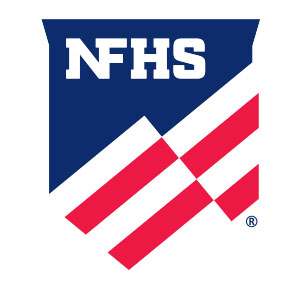 After working youth games, you may feel you have the skills and confidence to work higher levels of competition. You may also start at this level if you have a good grasp of the rules and/or experience as a player. For Jr. High games, ask your association leader or contact your school district. For high school games, you’ll need to work with an assigner through your local association. Any work with sanctioned school games requires you to be registered through your state, to prove you’re competent.
After working youth games, you may feel you have the skills and confidence to work higher levels of competition. You may also start at this level if you have a good grasp of the rules and/or experience as a player. For Jr. High games, ask your association leader or contact your school district. For high school games, you’ll need to work with an assigner through your local association. Any work with sanctioned school games requires you to be registered through your state, to prove you’re competent.
The National Federation of State High School Associations (NFHS) is the nation’s governing body for high school athletics. Through them you can get all the information you need from your state to register and start the process to work High School sports.
Begin your High School soccer officiating journey at highschoolofficials.com
In most cases, your state association can put you in contact with a local officials’ association. Local associations assign games, many times offer mentoring programs and assist in training.
High school athletic directors, association assigners and other officials can also you get games.
Plan to attend local camps and clinics. They are focused on helping officials learn and improve.
College
The National Intercollegiate Soccer Officials Association (NISOA) is an organization of more than 5,000 soccer officials which trains, certifies and provides qualified soccer referees for the college soccer community throughout the country. The mission of NISOA is to assist in the development of soccer as a major sport in the United States and to improve the quality of officiating at the college and high school levels. For more information about NISOA, its membership requirements and local chapter locations, visit NISOA.
National Association of Sports Officials
You may also consider joining NASO, the only nation-wide officials support organization. As a member-driven community; NASO exists to unite, celebrate, develop and protect all officials so that they can reach their goals and take pride in their contributions to the benefits that sports provide society.
Learn more about NASO at NASO.org.


